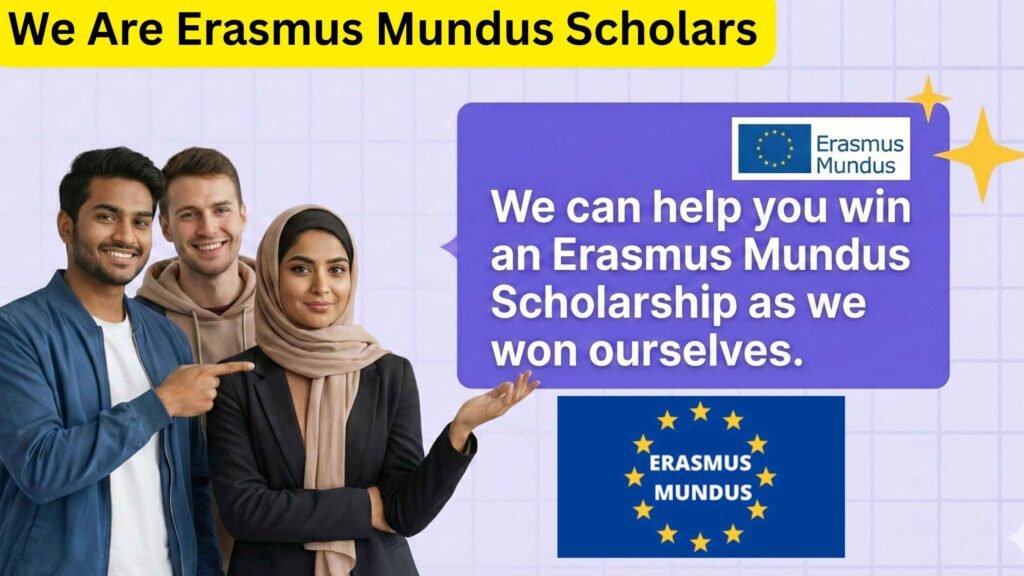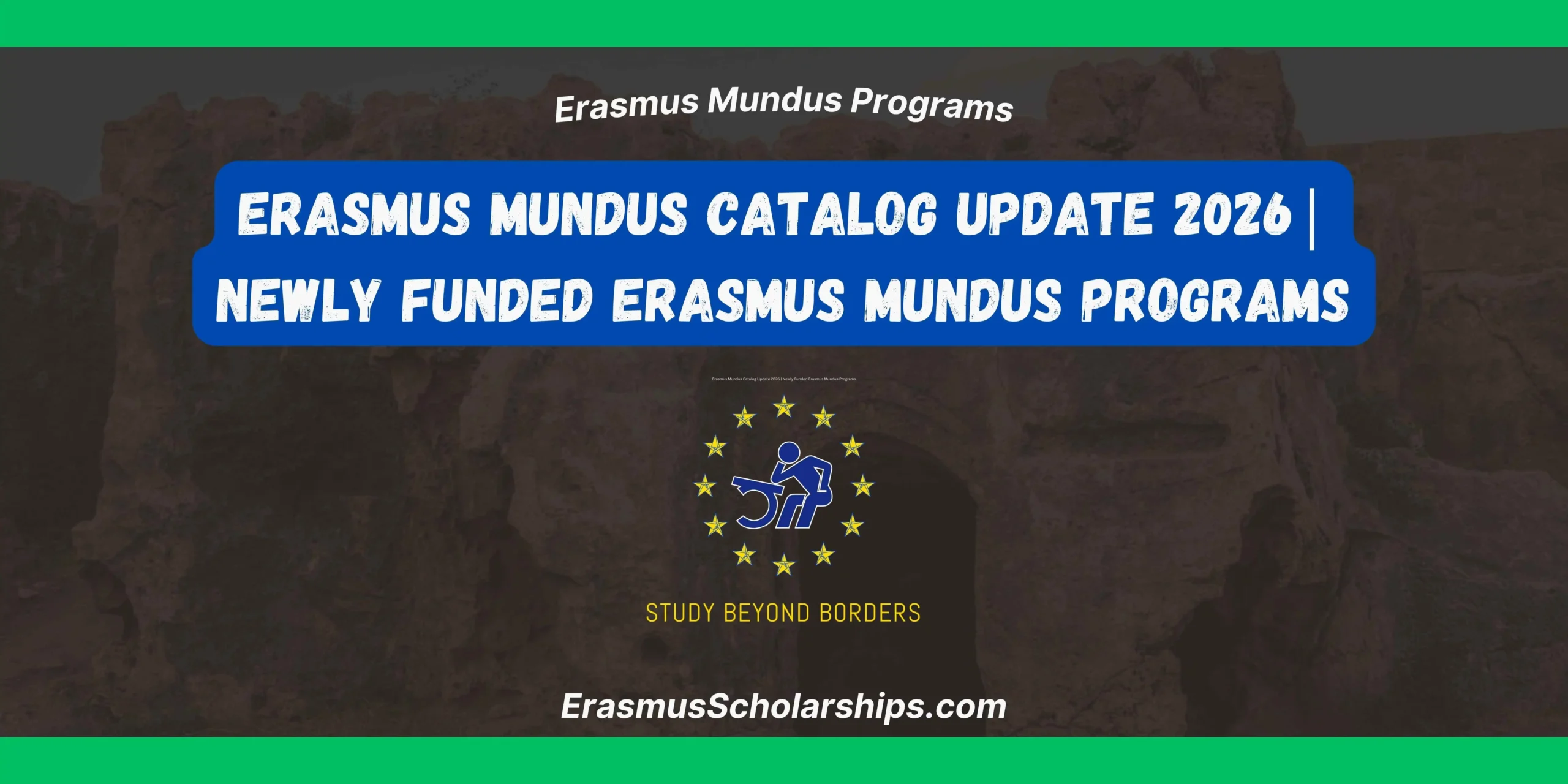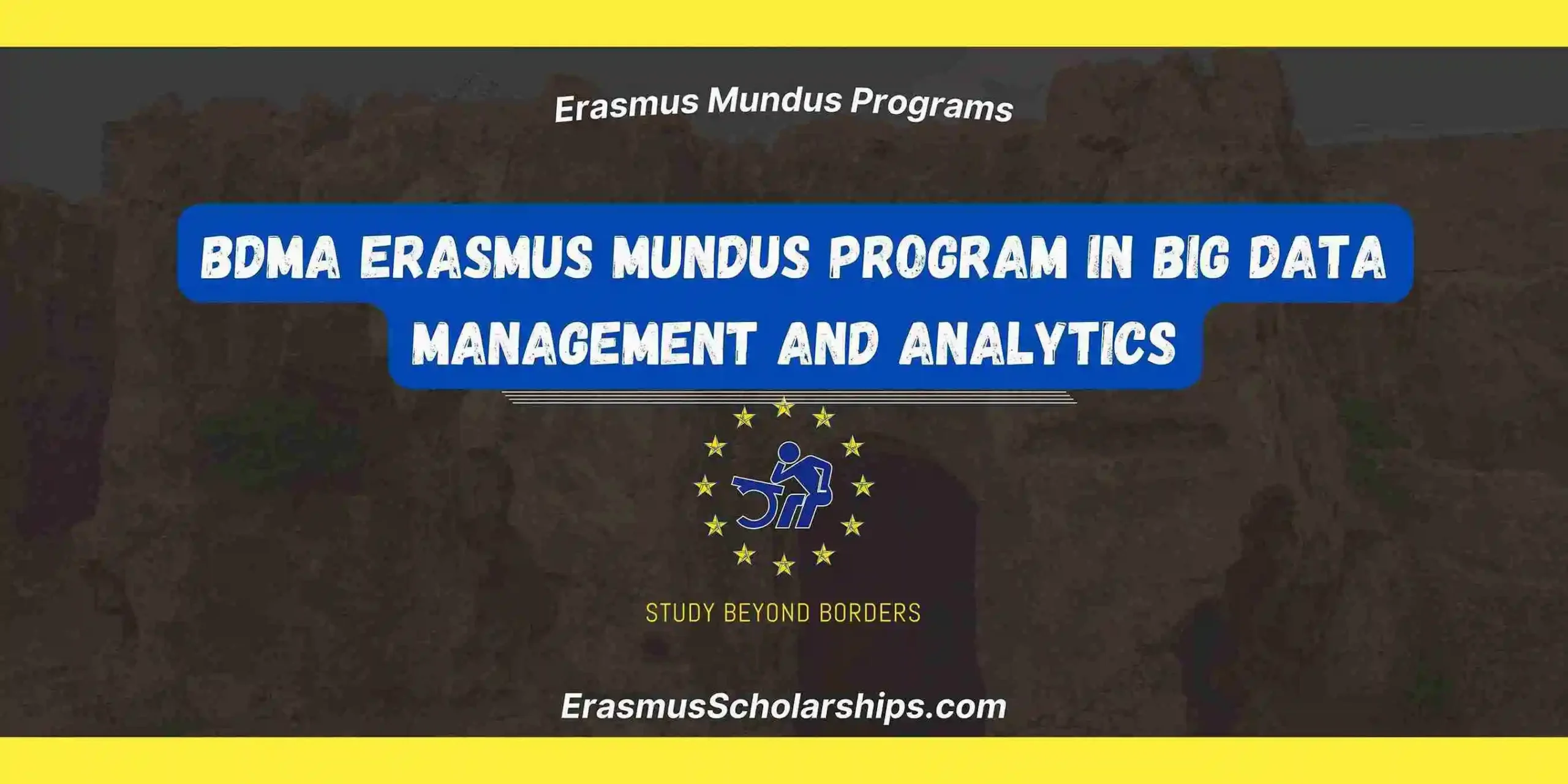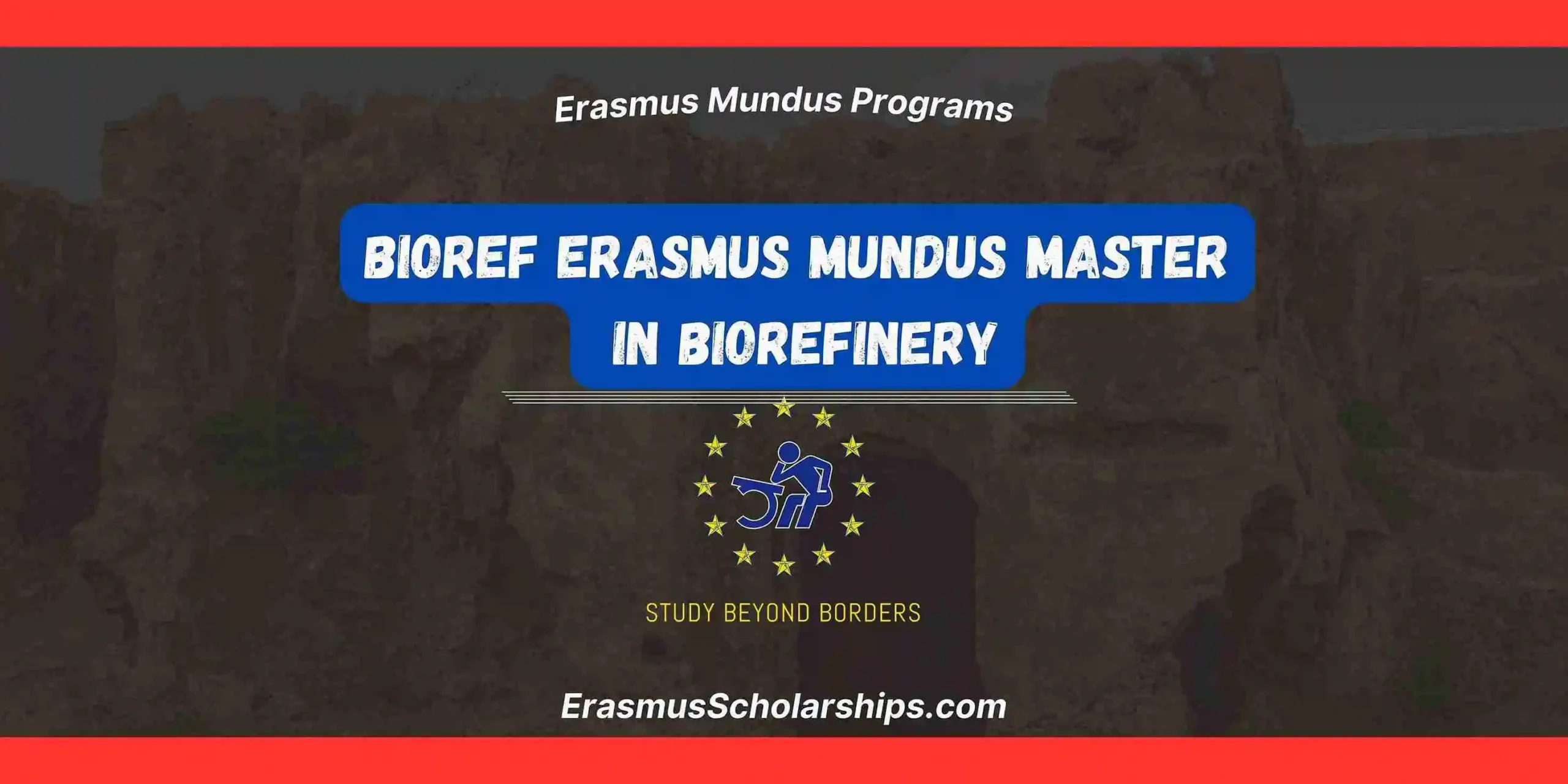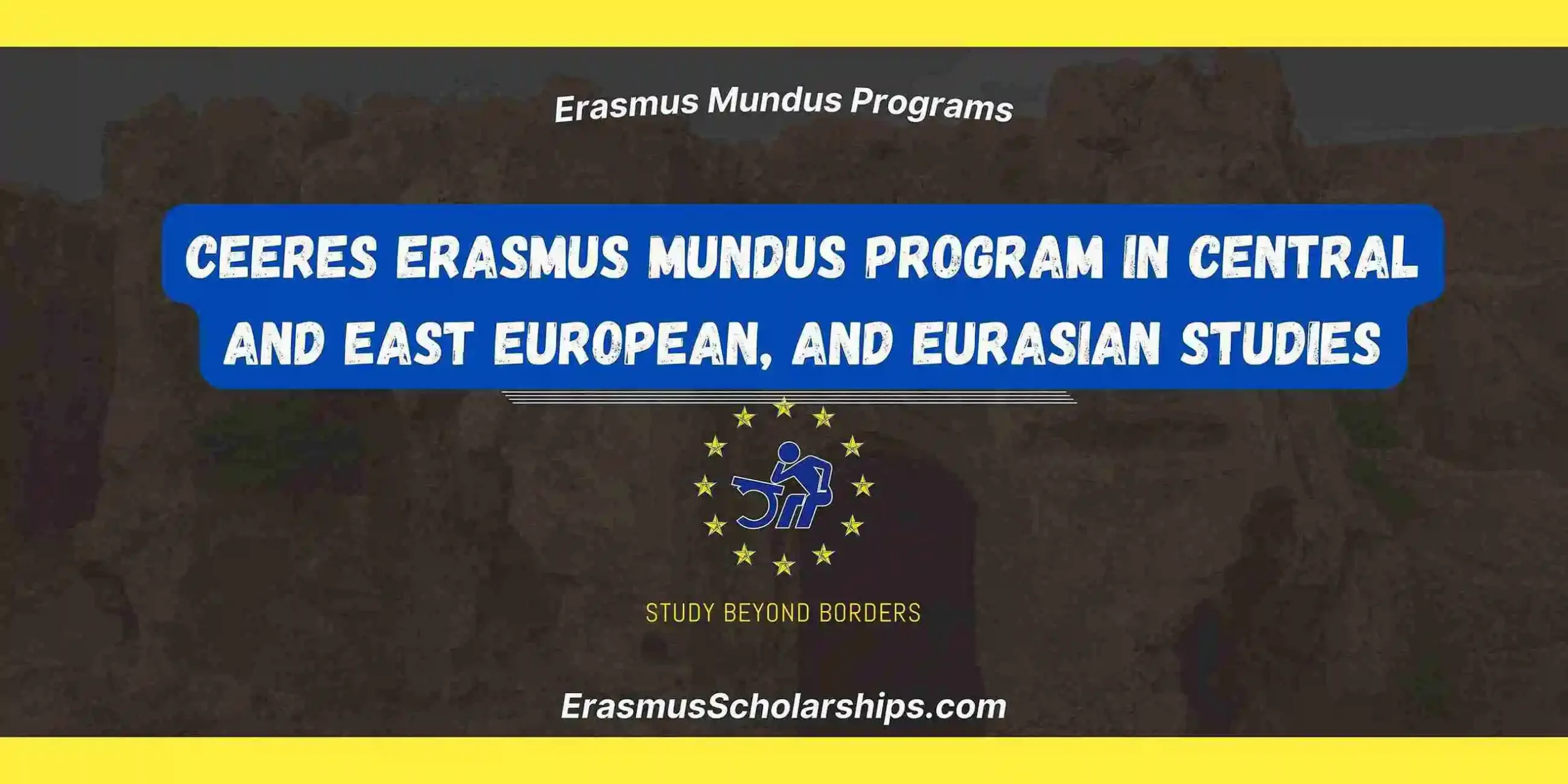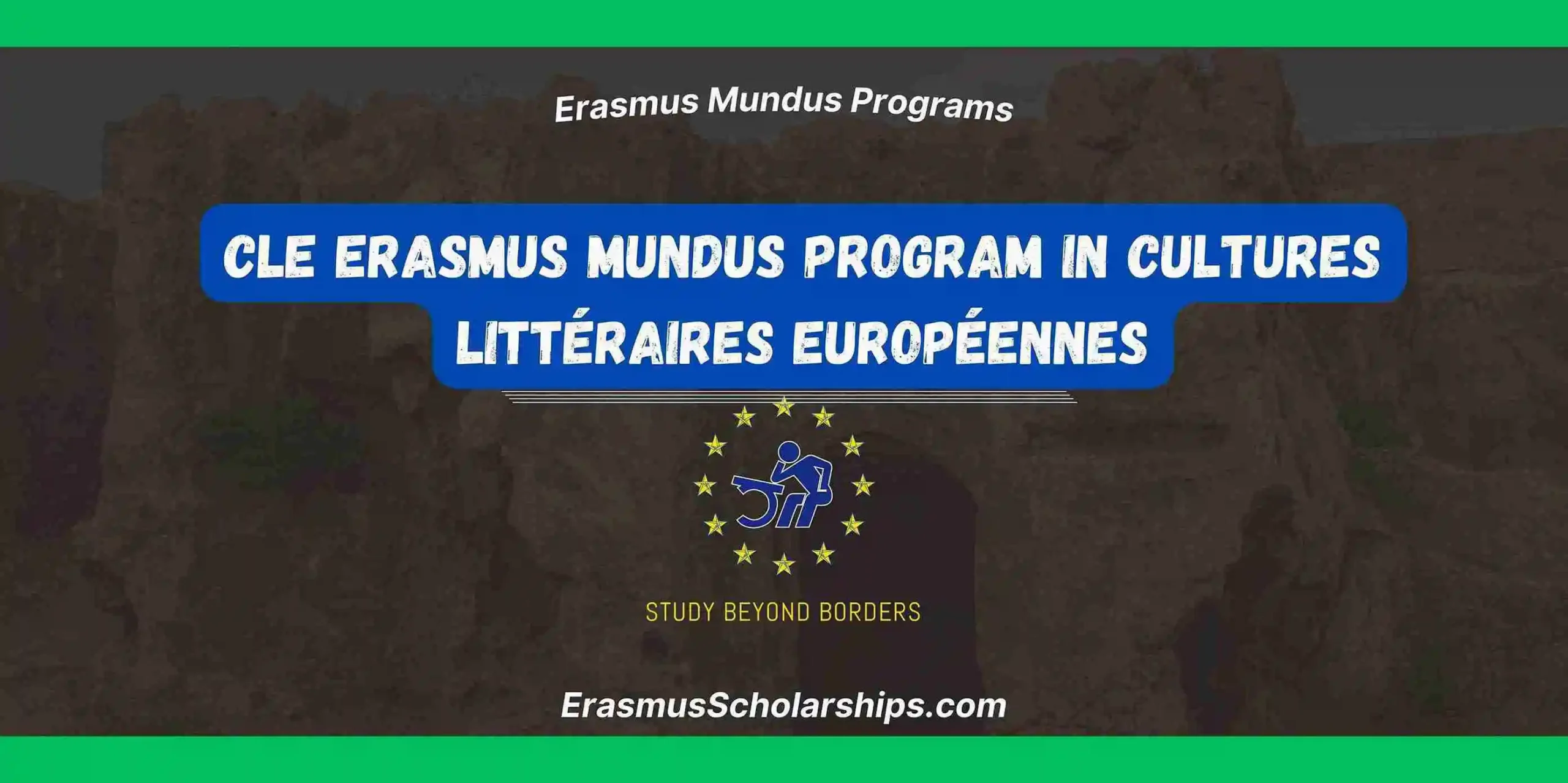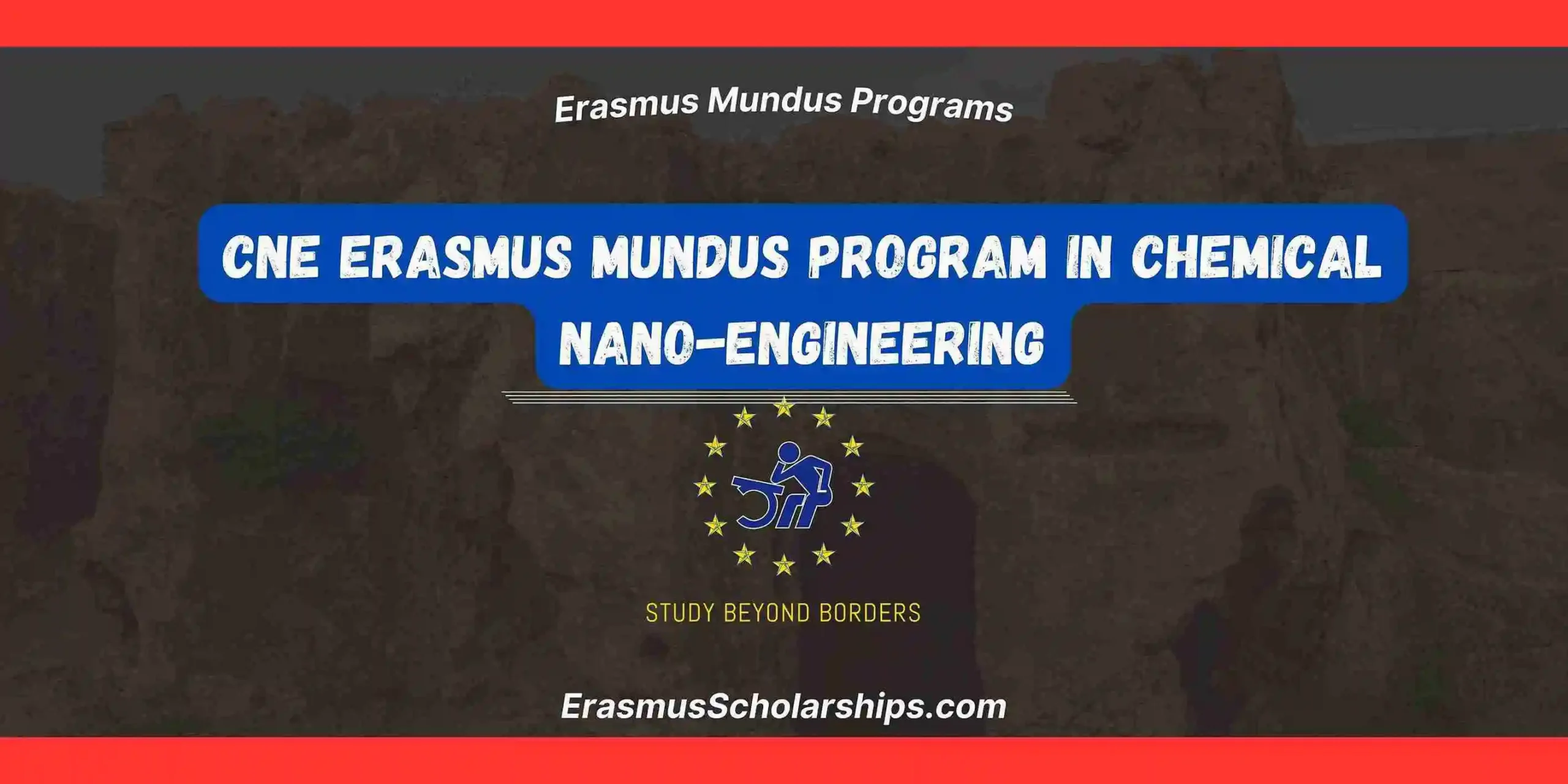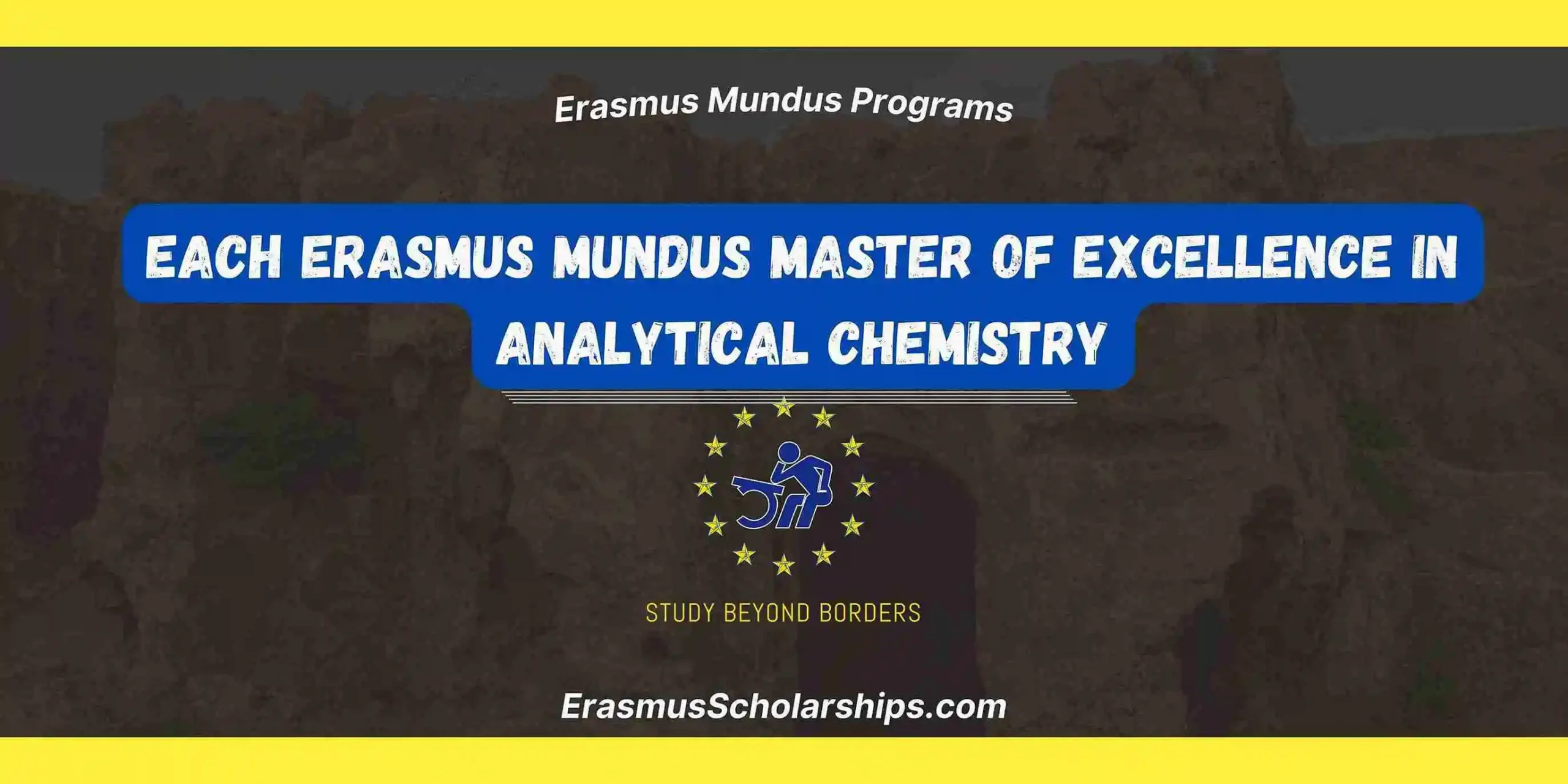The emPLANT Erasmus Mundus Master Program in Plant Breeding officially emPLANT+is a two-year, full-time course of study crafted to produce the next generation of elite plant breeders. Spearheaded by a consortium of six premier European universities, this program blends rigorous training in plant biology, biotechnology, seed technology, and plant breeding with exposure to management, legal frameworks, and intercultural communication. Its mission: equip students to tackle global challenges like hunger, climate upheaval, and sustainable agriculture.
With the looming increase in world population and demand for food production estimated by the FAO to require a 70% boost emPLANT Erasmus Mundus stands out as a collaborative European response, fostering skilled experts capable of integrating traditional breeding methods with advanced biotechnology tools such as molecular markers and genetic transformation.
Project Status
- Status: Ongoing
- Start date 01-09-2020
- End date 31-08-2026
- Action Type: Erasmus Mundus Joint Master
- Universities Involved
- Countries Involved
The emPLANT Erasmus Mundus program is a Master’s in Plant Breeding offered by leading European universities.
| Institut Polytechnique UniLaSalle |
| Hungarian University of Agriculture and Life Sciences |
| Universitat Politècnica de València |
| Swedish University of Agricultural Sciences |
| BOKU University |
| Università degli Studi di Milano |
| France |
| Hungary |
| Spain |
| Sweden |
| Austria |
| Italy |
This cross-border collaboration allows students to gain an international perspective while studying and researching in the heart of Europe’s academic and industrial hubs.
Description of the emPLANT Erasmus Mundus Program
The emPLANT Erasmus Mundus program provides elite interdisciplinary training in plant breeding, encompassing scientific foundations, management principles, legal aspects like intellectual property rights, multilingual communication, and intercultural competencies. It positions graduates to excel in seed industry sectors, research institutions, or pursue advanced doctoral studies.
Key Features of the emPLANT Erasmus Mundus Program
- 120 ECTS, 2-year full-time format
- Mobility: study across at least two different universities within the consortium
- Curriculum: combine crop genetics, breeding strategies, statistics, seed technology, biotechnology, law, and languages
- Strong industry links (internships, guest lectures, professional networking)
Mobility Tracks of the emPLANT Erasmus Mundus Program
Students typically begin Year 1 at UniLaSalle (France), SLU (Sweden), or MATE (Hungary), while Year 2 continues at UPV (Spain), BOKU (Austria), or UMIL (Italy) depending on chosen specialization.
Admission Requirements
- Bachelor’s degree (minimum 180 ECTS) in agricultural or related sciences
- Strong foundational knowledge in chemistry, physics, mathematics/statistics, botany/plant sciences, microbiology, genetics, plant production, nutrition, pathology, breeding
- Specific requirements may vary refer to the university websites for details.
How to Apply for emPLANT Erasmus Mundus Program
- Apply through the official emPLANT+ website during one of the two application calls:
- First Call (Oct–mid-Jan): apply automatically for EMJMD scholarship
- Second Call (mid-Jan–end Feb): self-funded applications only
- To apply for the scholarship, submit proof of residency, academic qualifications, motivation statements, references, etc.
Tips to Win the emPLANT Erasmus Mundus Program
- Apply in the First Call to be eligible for the scholarship.
- Highlight a strong interdisciplinary background in plant sciences, management, and law.
- Emphasize intercultural adaptability and language skills.
- Create a compelling motivation letter connecting your passion for plant breeding to global challenges.
- Garner robust academic or professional references.
- Ensure all documents, especially residence or eligibility certificates, are precise and timely for partner country scholarship categorization
Application Timeline
- First Call (with scholarship): October – mid-January
- Second Call (self-funded): mid-January – end-February
Curriculum Structure of the emPLANT Erasmus Mundus Program
Year 1 (60 ECTS):
- Core courses: Breeding strategies, Genetics, Statistics, Plant Pathology, Experimental Design, Population Genetics, Plant–Microbe Interaction, Seed Technology, etc.
- Additional: Pilot cases, Field Camp, Internship, Language training (French or Spanish)
Year 2:
- Courses and specialization at partner universities (Spain, Austria, Italy), culminating in thesis, advanced modules, and possible internships.
Coordinator Contact
You can reach out to the program via the official contact email: emplant@unilasalle.fr
Frequently Asked Questions (FAQs)
What is the emPLANT Erasmus Mundus Program?
The emPLANT Erasmus Mundus Program is a two-year Joint Master Degree in Plant Breeding coordinated by six European universities. It combines advanced training in breeding, biotechnology, law, and intercultural communication
How does student mobility work in the emPLANT Erasmus Mundus Program?
In the emPLANT Program, students spend Year 1 in either France, Sweden, or Hungary, and Year 2 in Spain, Austria, or Italy depending on their specialization track.
How can I apply for the emPLANT Erasmus Mundus Program?
Applications for the emPLANT Erasmus Mundus Program are submitted online via the official website, with two calls: the first (Oct–Jan) includes scholarship eligibility, and the second (Jan–Feb) is for self-funded candidates.
What are the admission requirements for the emPLANT Erasmus Mundus Program?
To enter the emPLANT Erasmus Mundus Program, applicants need a Bachelor’s degree (180 ECTS minimum) in agricultural or related sciences, with solid knowledge in genetics, statistics, chemistry, physics, plant sciences, and breeding.
What makes the emPLANT Erasmus Mundus Program unique compared to other plant breeding programs?
The emPLANT Erasmus Mundus Program is unique because it integrates scientific, managerial, and legal aspects of plant breeding, while requiring mobility across multiple top universities in Europe.

